The Significance Of Christmas: A Celebration Of Tradition, Community, And Hope
The Significance of Christmas: A Celebration of Tradition, Community, and Hope
Related Articles: The Significance of Christmas: A Celebration of Tradition, Community, and Hope
Introduction
With enthusiasm, let’s navigate through the intriguing topic related to The Significance of Christmas: A Celebration of Tradition, Community, and Hope. Let’s weave interesting information and offer fresh perspectives to the readers.
Table of Content
The Significance of Christmas: A Celebration of Tradition, Community, and Hope
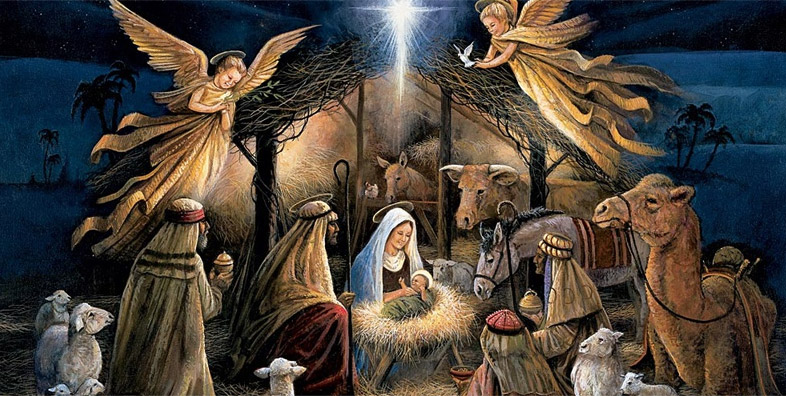
The holiday season, particularly Christmas, is a time steeped in traditions, cultural significance, and personal meaning. While the secular aspects of the season, such as gift-giving and festive gatherings, are often celebrated, the true essence of Christmas lies in its historical and religious roots. Understanding these origins provides valuable insight into the enduring appeal and importance of this holiday.
The Historical Roots of Christmas
The celebration of Christmas traces back to the early Christian church. While the exact date of Jesus Christ’s birth remains unknown, the church established December 25th as the official date in the 4th century. This date was likely chosen to coincide with the Roman festival of Saturnalia, a pagan celebration honoring the agricultural god Saturn.
By adopting this date, the early Christians aimed to integrate their own religious beliefs into the existing cultural framework, thereby facilitating the spread of Christianity. The celebration of Christmas became a time to commemorate the birth of Jesus, a pivotal figure in Christian theology, and to emphasize his message of peace, love, and hope.
The Religious Significance of Christmas
For Christians, Christmas holds profound religious significance. It marks the birth of Jesus Christ, who is believed to be the Son of God and the savior of humanity. The story of his birth, as narrated in the Bible, carries a powerful message of humility, divine intervention, and the promise of redemption.
The central figure of Christmas, the baby Jesus, embodies innocence, purity, and the potential for renewal. The celebration of his birth serves as a reminder of God’s love for humanity and the promise of salvation through faith.
Cultural Significance and Tradition
Beyond its religious significance, Christmas has become a globally recognized cultural phenomenon. The holiday is celebrated in various ways across different cultures, with traditions evolving over time.
Common elements include the exchange of gifts, decorating homes and public spaces with festive adornments, and indulging in special meals and treats. These traditions serve to foster a sense of community, family togetherness, and joyful celebration.
The practice of gift-giving, while often associated with commercialism, is rooted in the biblical story of the three wise men who brought gifts to the newborn Jesus. This act of generosity symbolizes the sharing of love, appreciation, and kindness.
The Importance of Christmas in the Modern World
In a world often characterized by division and conflict, Christmas offers a valuable opportunity for reflection, connection, and renewal. The spirit of the holiday encourages acts of generosity, forgiveness, and compassion.
The celebration of Christmas provides a platform for families and communities to come together, share stories, create memories, and strengthen bonds. It fosters a sense of shared purpose and collective joy, reminding individuals of the importance of human connection and the value of shared experiences.
FAQs about Christmas
1. Why is Christmas celebrated on December 25th?
As mentioned earlier, the date of December 25th was chosen by the early Christian church to coincide with the Roman festival of Saturnalia, thereby facilitating the integration of Christian beliefs into existing cultural practices.
2. What are the main symbols of Christmas?
Common Christmas symbols include the Christmas tree, which represents the Tree of Life and the eternal life offered through Christ; the star, symbolizing the star of Bethlehem that guided the wise men to the newborn Jesus; and the nativity scene, depicting the birth of Jesus in a stable.
3. What are some traditional Christmas activities?
Traditional Christmas activities vary across cultures, but common practices include:
- Decorating homes and public spaces with Christmas trees, lights, and ornaments.
- Singing Christmas carols and attending church services.
- Exchanging gifts with family and friends.
- Enjoying special Christmas meals and treats.
- Participating in community events such as Christmas markets and parades.
4. How is Christmas celebrated in different parts of the world?
Christmas celebrations vary greatly across cultures. Some common variations include:
- In Mexico, a traditional Christmas meal includes tamales and pozole.
- In Germany, families enjoy a Christmas Eve meal of roasted goose or duck.
- In Japan, Christmas is often celebrated as a romantic holiday with couples exchanging gifts.
- In many countries, Christmas is a time for family gatherings and religious services.
5. What is the meaning of "Christmas spirit"?
The "Christmas spirit" encompasses the values associated with the holiday, such as generosity, compassion, forgiveness, and peace. It embodies the spirit of giving and sharing, and the desire to spread joy and goodwill to others.
Tips for Celebrating Christmas Meaningfully
- Focus on the true meaning of Christmas: Remember the religious and historical significance of the holiday, and consider participating in religious services or community events that honor its traditions.
- Engage in acts of kindness and generosity: Donate to charity, volunteer your time, or simply offer a helping hand to those in need.
- Spend quality time with loved ones: Make an effort to connect with family and friends, share stories, and create lasting memories.
- Practice gratitude: Take time to appreciate the blessings in your life and express gratitude to those who have made a positive impact.
- Embrace the spirit of peace and forgiveness: Use this time to resolve conflicts, extend forgiveness, and cultivate harmony in your relationships.
Conclusion
Christmas, with its rich history, religious significance, and cultural traditions, offers a powerful reminder of the importance of human connection, generosity, and hope. The holiday season provides a valuable opportunity for reflection, renewal, and the strengthening of bonds within families and communities. By embracing the true spirit of Christmas, individuals can contribute to a more compassionate and harmonious world.
![History Of Christmas Traditions [Infographic] Pretty Opinionated](http://www.prettyopinionated.com/wp-content/uploads/2016/12/History-of-Christmas-Traditions-a-680x1257.jpg)
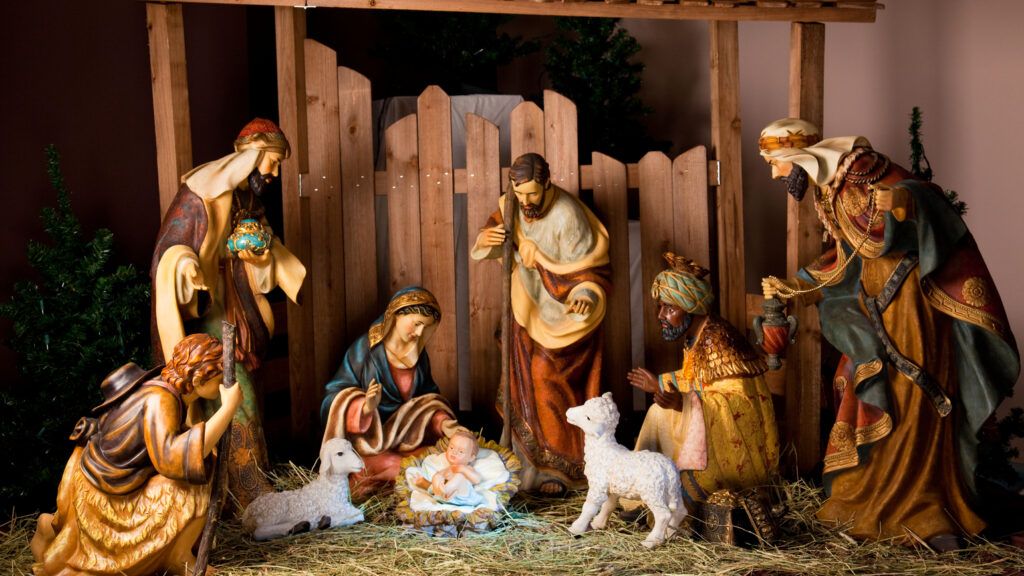


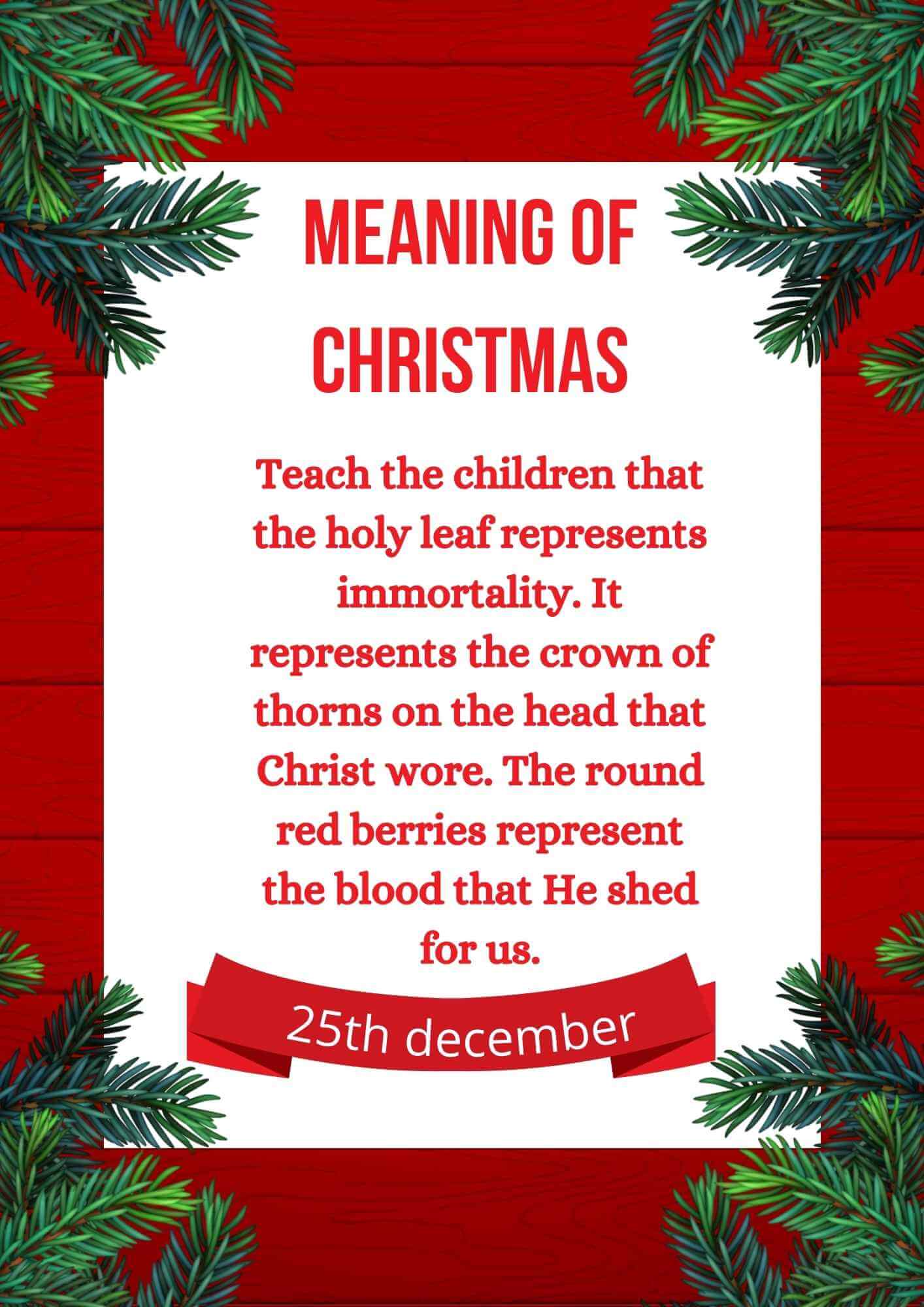
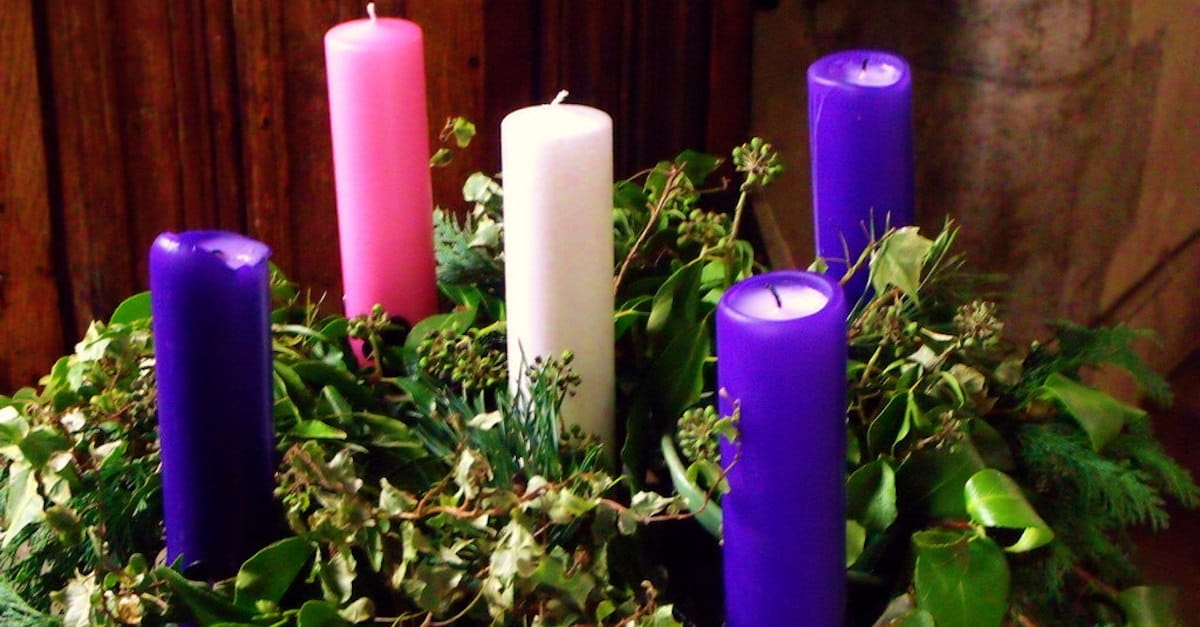
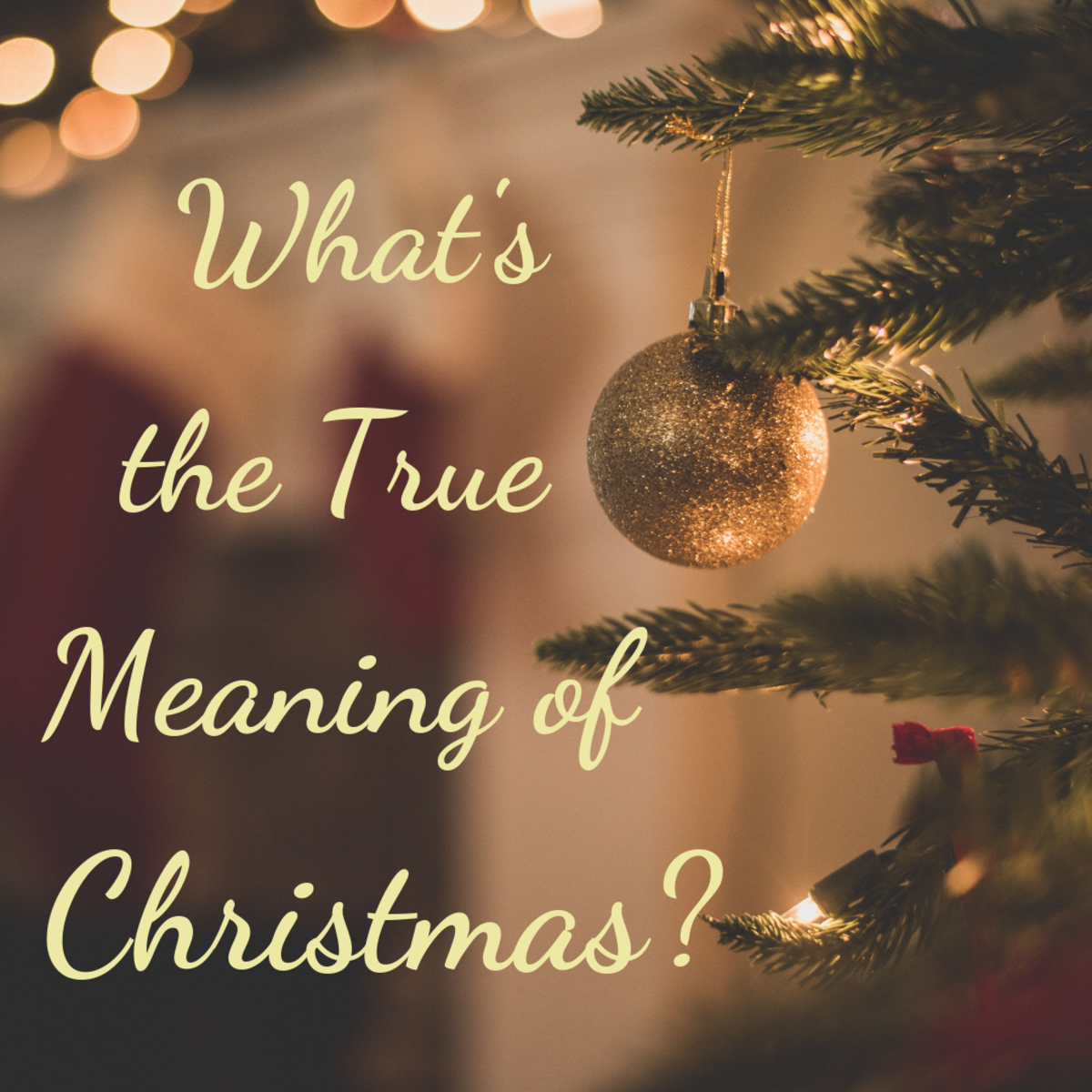

Closure
Thus, we hope this article has provided valuable insights into The Significance of Christmas: A Celebration of Tradition, Community, and Hope. We appreciate your attention to our article. See you in our next article!
Leave a Reply